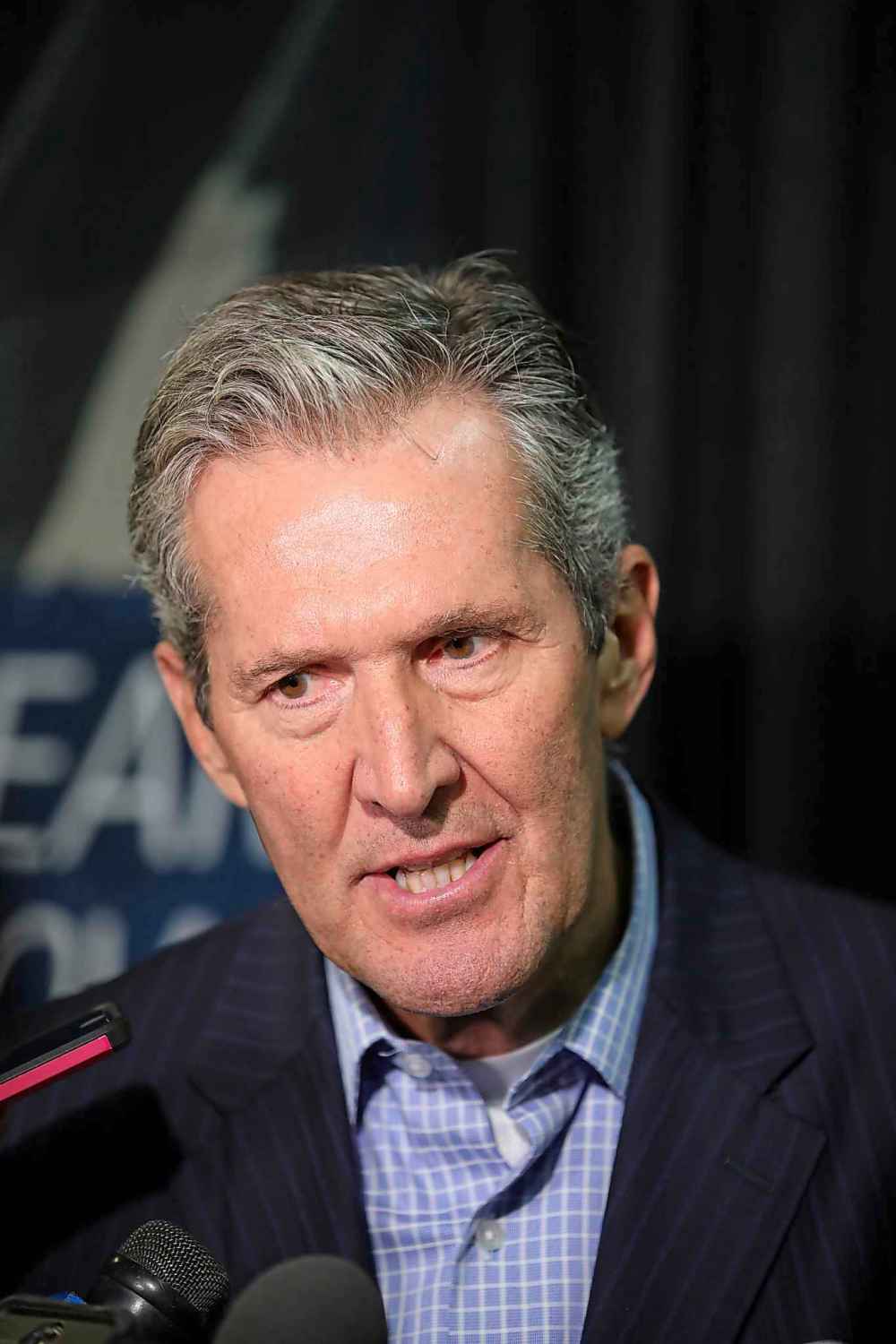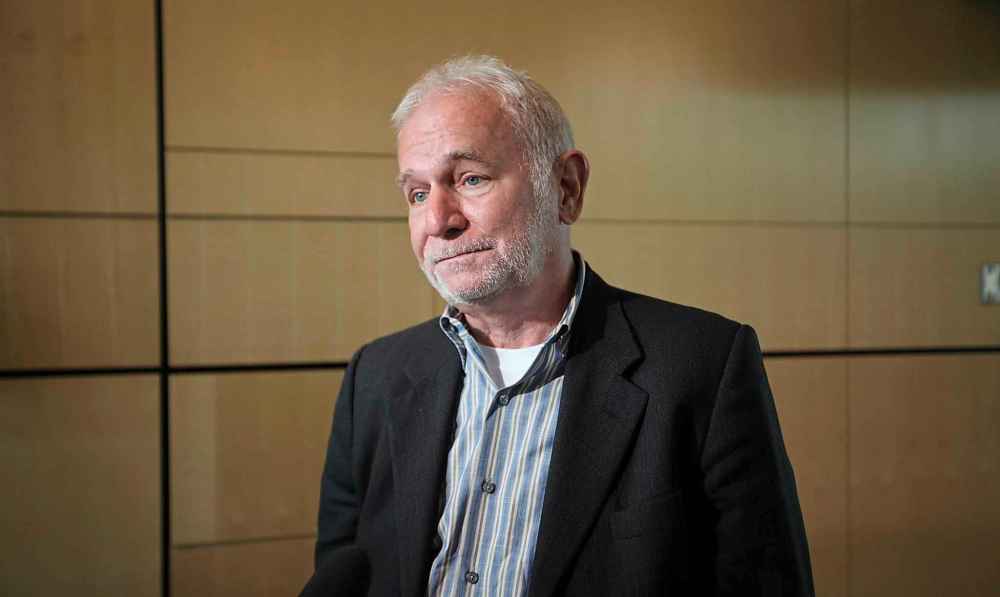Health-care consulting cash, well, spent…
Read this article for free:
or
Already have an account? Log in here »
To continue reading, please subscribe:
Monthly Digital Subscription
$0 for the first 4 weeks*
- Enjoy unlimited reading on winnipegfreepress.com
- Read the E-Edition, our digital replica newspaper
- Access News Break, our award-winning app
- Play interactive puzzles
*No charge for 4 weeks then price increases to the regular rate of $19.00 plus GST every four weeks. Offer available to new and qualified returning subscribers only. Cancel any time.
Monthly Digital Subscription
$4.75/week*
- Enjoy unlimited reading on winnipegfreepress.com
- Read the E-Edition, our digital replica newspaper
- Access News Break, our award-winning app
- Play interactive puzzles
*Billed as $19 plus GST every four weeks. Cancel any time.
To continue reading, please subscribe:
Add Free Press access to your Brandon Sun subscription for only an additional
$1 for the first 4 weeks*
*Your next subscription payment will increase by $1.00 and you will be charged $16.99 plus GST for four weeks. After four weeks, your payment will increase to $23.99 plus GST every four weeks.
Read unlimited articles for free today:
or
Already have an account? Log in here »
Hey there, time traveller!
This article was published 29/01/2020 (2139 days ago), so information in it may no longer be current.
New year, same old Premier Brian Pallister — at least when it comes to his deep addiction to consultants.
Once again, Manitoba’s Progressive Conservative government is turning to outside experts for advice. This time, it is to oversee the next phase of its controversial health-care restructuring plan. And, once again, it is refusing to say how much it will spend on this latest contract.
Without public notice, it was discovered the Winnipeg Regional Health Authority had hired accounting firm KPMG last year to serve as “lead project manager” for ongoing efforts to reorganize Winnipeg hospitals. The original engagement was to cover the period from July to October 2019, but the WRHA has confirmed it has been extended.
KPMG is still on the job, and that means the meter is running.
Documents obtained by the Free Press and opposition NDP last year show the Progressive Conservative government had spent more than $23 million on consultants since it came to power in 2016.
The WRHA refused to divulge the cost of the KPMG contract, claiming it is legally prevented under freedom of information law from divulging information about a private business. That is an intellectually dishonest interpretation, but consistent with the Tory government’s policy of hiding as much of the cost and outcomes of consulting contracts as possible.
There have been a lot of contracts.
Documents obtained by the Free Press and opposition NDP last year show the Progressive Conservative government had spent more than $23 million on consultants since it came to power in 2016.

That is a large sum of money, but there are some caveats.
First, the figure does not tell Manitobans whether there has been a true net increase in the use of consultants under the Tories. No one has been able to produce a comparable figure on consultant spending for, say, the last three years the NDP were in power. (That said, an analysis of headlines over the past few years of NDP government shows little reference to the use of outside consultants.)
More importantly, however, Manitobans don’t really know if they’re getting any value for the money.
Last year, when asked about the $23-million consulting tab, Pallister said a lower deficit and improved government services were proof the money was well-spent. On both points, the premier was stretching the truth.
The deficit is lower, but that is due mostly to a combination of concerted austerity — historically-low spending increases in health and education, a three-year freeze on grants to municipalities, etc. — and huge increases in federal transfers. The Pallister government has received an average of $240 million more annually in such payments over the past three years.
In terms of the quality of government services, it is hard to see exactly where taxpayers are reaping benefits, despite unleashing consultants on all aspects of government operations.
In terms of the quality of government services, it is hard to see exactly where taxpayers are reaping benefits, despite unleashing consultants on all aspects of government operations.
The Tories retained consultants to examine its overall government fiscal management, the entire the health-care system, and a variety of other programs including, but not limited to: K-12 education; Manitoba Hydro; northern affairs; justice; fisheries; and the horse racing industry.
With the exception of the horse racing industry — which received $20 million in government support following the release of a consultant’s report — it’s hard to identify any major measures identified by consultants and acted upon by government.
In some instances, such as the carbon tax plan, the province paid a consultant nearly $150,000, and then abandoned the project.
There are similar concerns with the value of the health-care consulting work.

The best example is, of course, the report drafted by Dr. David Peachey on the restructuring of Winnipeg hospitals. Peachey’s original report, delivered in 2017, triggered a dramatic reconfiguration of services, including the closure of three emergency rooms.
It would be wrong to portray the implementation of the Peachey plan as a disaster. But, at times, it has seemed a disaster was within sight.
Wait times for elective surgical procedures have grown. Nurses are stretched to the breaking point by mandatory overtime to cover an alarming number of vacant positions. The three remaining ERs, and new urgent care centres, have longer wait times. Some ERs have even closed their doors at times of peak demand, raising concerns the capacity of Winnipeg’s hospital system is already overwhelmed.
Some of this is due to the fact many consultants will tell you what to do, but not how to do it. That leaves a huge gap between recommendation and implementation.
The other problem has been the Pallister government’s reluctance to act on all of the recommendations in Peachey’s report. Other moves Peachey said were necessary to support the restructuring of hospital services (like the training of more nurse practitioners) were ignored.
Concerned about these struggles, the province paid Peachey $100,000 to return in 2019 to review the implementation of his original plan. He told government to rethink its timelines, because staff were demoralized and overworked.
Shortly after, the WRHA hired KPMG as project manager for implementation of the remainder of the Peachey plan. At least, those parts the government has embraced.
If KPMG can get hospital reorganization back on track, then perhaps it would qualify as money well-spent. (If someone would also tell Manitobans how much it cost.)
At some point, Pallister must realize refusing to divulge the true cost of consulting contracts, and then refusing to release the entirety of the reports produced, and making unfounded claims about the results, will do little to convince the public this is money well-spent.
dan.lett@freepress.mb.ca

Born and raised in and around Toronto, Dan Lett came to Winnipeg in 1986, less than a year out of journalism school with a lifelong dream to be a newspaper reporter.
Our newsroom depends on a growing audience of readers to power our journalism. If you are not a paid reader, please consider becoming a subscriber.
Our newsroom depends on its audience of readers to power our journalism. Thank you for your support.
History
Updated on Friday, January 31, 2020 8:30 AM CST: Fixes headline

















